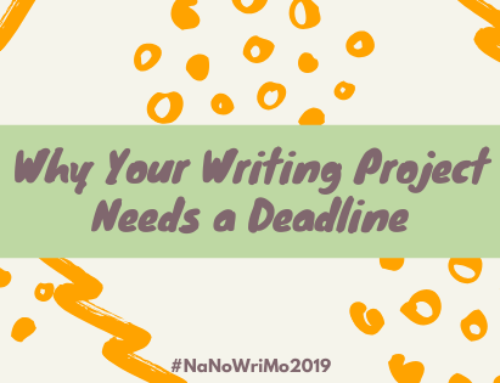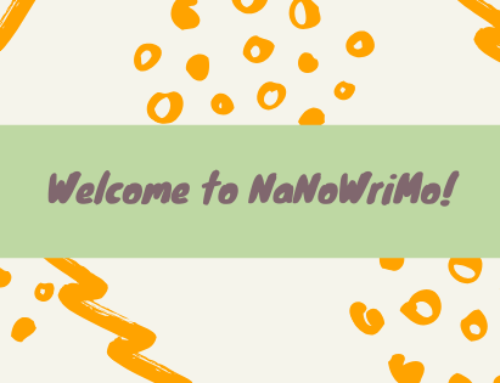
Writing, especially a long-form project like a novel or a memoir, takes a bit of planning and a lot of follow through. With so many moving parts to keep track of, it can be easy to get distracted by the weeds and lose sight of where you’re headed. That’s where a writing planner can be a lifesaver. A planner solely dedicated to your writing schedule can keep you organized, motivated, and on track to meet your writing goals.
In today’s article, we’re exploring the benefits of using a writing planner, the different types available, and some details you may want to track.
Choosing a Writing Planner
When it comes to scheduling and tracking your writing, there’s no shortage of planner options to choose from. The first decision you’ll need to make is whether you want a physical planner or a digital planner.
A physical planner is a tangible object you can hold in your hand, so it works best for people who enjoy the physical act of writing things down. A digital planner, on the other hand, is an app or a program that you access on your tablet, phone, or computer. Digital planners are great options for people who love technology and are always on the move.
If you’re like me, and like a hybrid choice, use a paper planner and a digital version in tandem. If you work a full-time job and most of your work calendar is online, it may help you to visualize your writing schedule alongside your work schedule. Then, you can still keep your paper planner when you only want to view your writing schedule.
Planner Style Options
Once you’ve decided on the format, you’ll need to choose the style of planner that works best for you. Let’s dig into each one a bit more if you’re on the fence.
Digital Planner
Digital planners are a great option for writers who want the convenience of having their planners accessible to them wherever they are. Digital planners can be customized and often include features like project trackers, word count progress bars, and character sheets.
Look to Etsy for digital planner templates you can purchase, download, and use in an app like Goodnotes.
For a fully customizable digital writing planner, Notion is a great option. The app offers all sorts of free templates and others that are available for purchase. Users can also create custom pages and templates.
The Asana app is a great option for writers who don’t want to work with a calendar. Users can schedule writing due dates, create flow charts of their plot and story arc, and so much more.
Daily Pages Planner
Daily page planners are perfect for writers who like to plan out their schedules in detail. These planners typically have a page for each day of the year and include space for notes and to-do lists. The super-organized writer may like this layout best.
Bullet Journal
Bullet journals are a popular type of planner that allows people to create specific organizational systems. In a bullet journal, writers can create custom pages for everything, including project trackers, character sheets, and more.
Our Tip: Take the Interior Pages into Account
Interior pages are a big deciding factor for choosing the right planner to keep track of your writing progress. Be sure to consider a planner’s style, content, color, and each page’s setup. Interior pages should provide an easy and efficient way for you to track your writing practice.
What to Track in Your Writing Planner
Once you decide on a planner format you like, it’s time to start scheduling your writing time, keeping track of your progress, and keeping track of all those random thoughts that tend to pop up throughout the day.
Goals and Progress
Regardless of the type of planner you choose, have a place to track writing goals and progress.
Writing Schedule
Schedule time for outlining, drafting, revising, and editing in your planner. This can help you stay on track and ensure that you are making progress on your project.
Word Count Progress
Tracking your word count is a great way to stay motivated. The monthly calendar view is a great spot to track daily, weekly, and monthly word counts.
Project Details
Have a dedicated place to write down character details, setting information, and a basic story premise.
Character Details
Keeping track of characters is important for maintaining consistency throughout a story. Include character details like names, physical descriptions, and personality traits.
Ideas and Notes
Have a section to jot down ideas and notes. This can include sections for brainstorming, outlining, and keeping track of ideas for future projects.
TL;DR
A writing planner is a great way to stay organized, motivated, and on track to meet your writing goals. Whether you prefer a physical or digital planner, there are many options to choose from.
Discover more from Mill City Press
Subscribe to get the latest posts sent to your email.













Leave A Comment